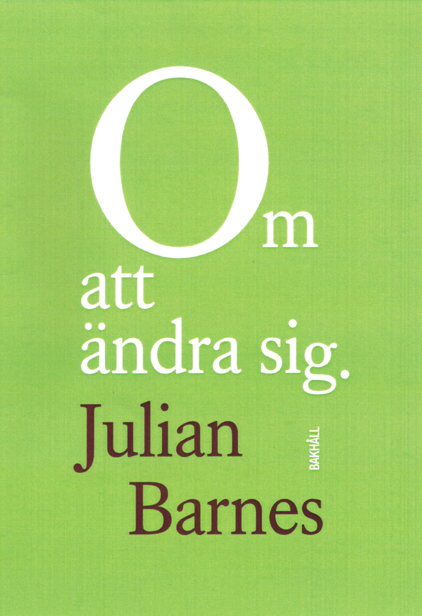What do you think?
Rate this book


74 pages, Paperback
First published March 18, 2025


I now agree that memory, a single person’s memory, uncorroborated and unsubstantiated by other evidence, is a feeble guide to the past. I think. More strongly, than I used to, that we constantly reinvent our lives, retelling them – usually – to our own advantage. I believe that the operation of memory is closer to an act of the imagination than it is to the clean and reliably detailed recuperation of the event in our past. I think that sometimes we remember as true things which never even happened in the first place; that we may grossly embellish an original incident out of all recognition; that we may cannibalise someone else’s memory, and change not just the endings of the stories of our lives, but also their middles and beginnings. I think that memory, over time, changes, and, indeed, changes our mind.
If I went in as an unthinking conservative prescriptivist, I came out as a liberal descriptivist. I no longer believed in some Golden Age of language, some platonic matching of word and thing. Nor did I accept the myth of linguistic decline – that once upon a time language was employed by people who always knew their wrist from their elbow, until the barbarians came through the gates bringing misuse, inaccuracy, vulgarisation. I came to believe instead that language was – and is – often approximate, that words mean only what we generally agree that they mean, and that the English language has always been in a state of tumultuous motion – and all the better for it.
The English language is – has always been – a mongrel beast: that is partly where its vigour, energy and suppleness come from. Its porosity to the languages and dialects of other English speaking countries acts as a regular blood transfusion. Any writer born into the English language is very lucky: not just for all the many potential readers out there, but for the very words he or she is given to play – to play seriously – with.
And began to discover a new, deeper, darker Simenon, one in which the world is not discovered and explained to you by a companionable detective, but put there unmediated, in front of you, without judgement, in all its bleakness and moral ambiguity. And I discovered a great writer, one lauded by Faulkner, Gide, Colette, Francoise Mauriac, Muriel Spark, T.S. Eliot, Somerset Maugham, John Le Carré and many others.